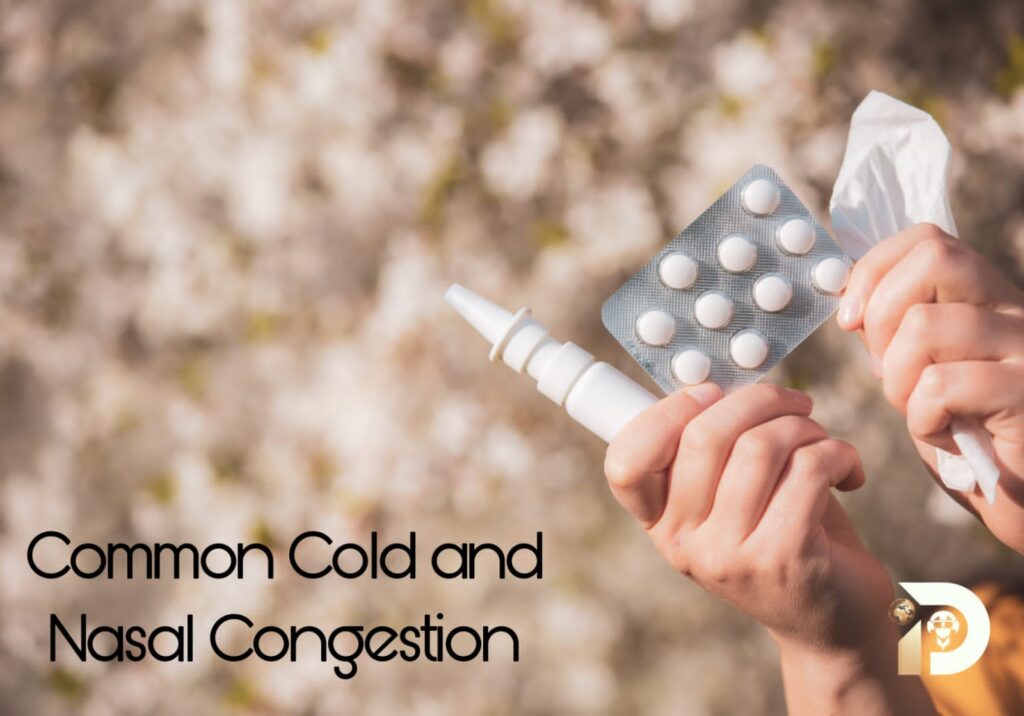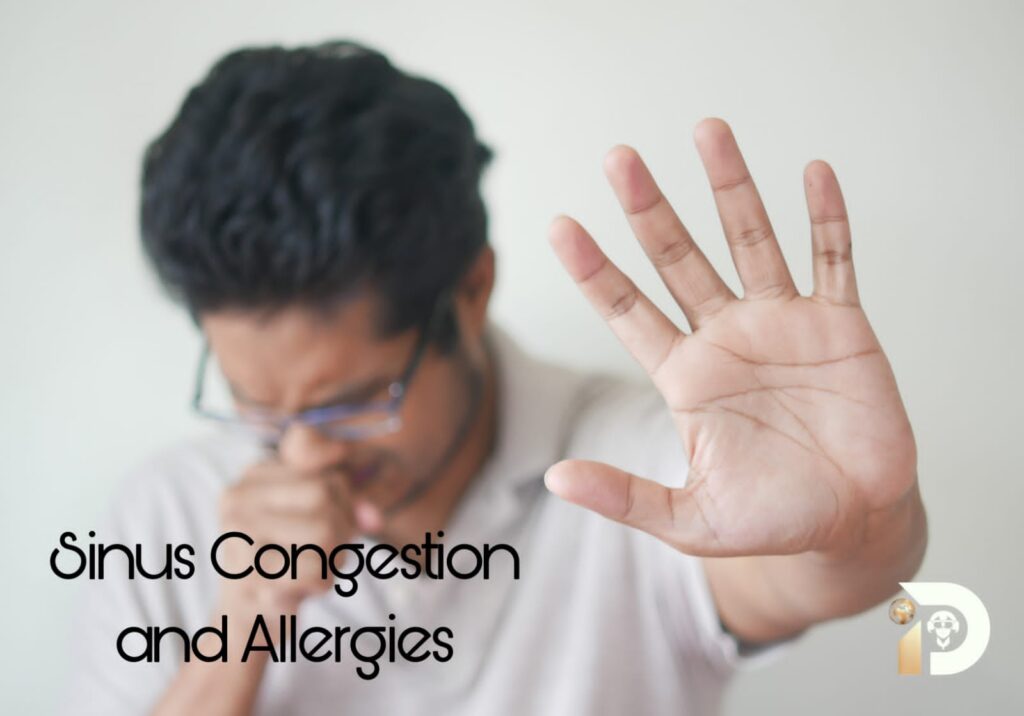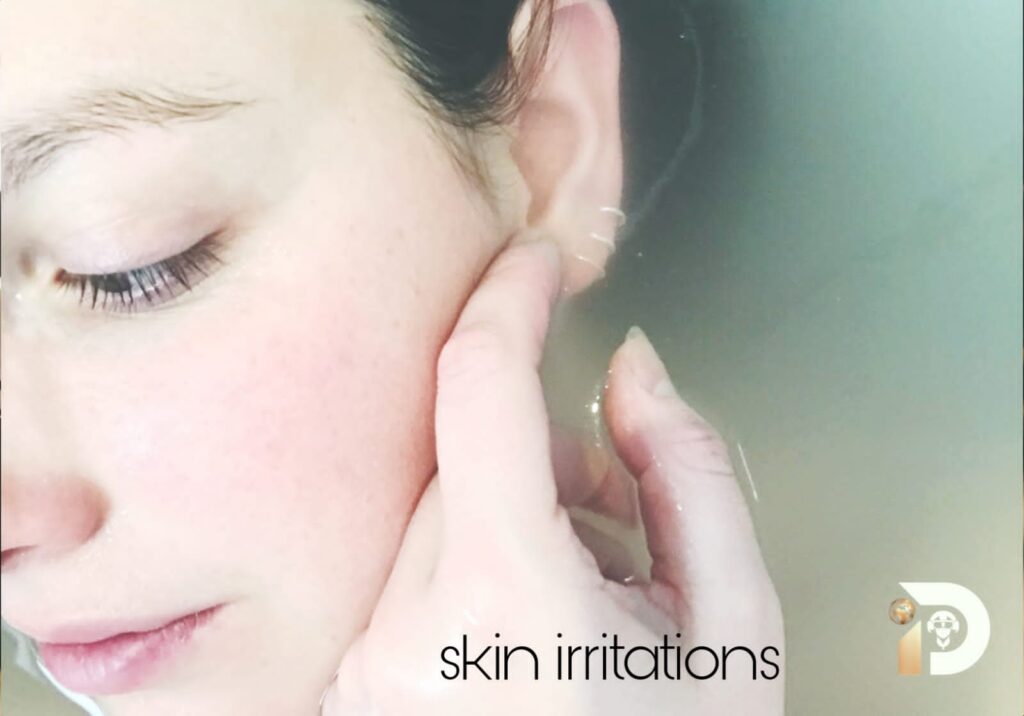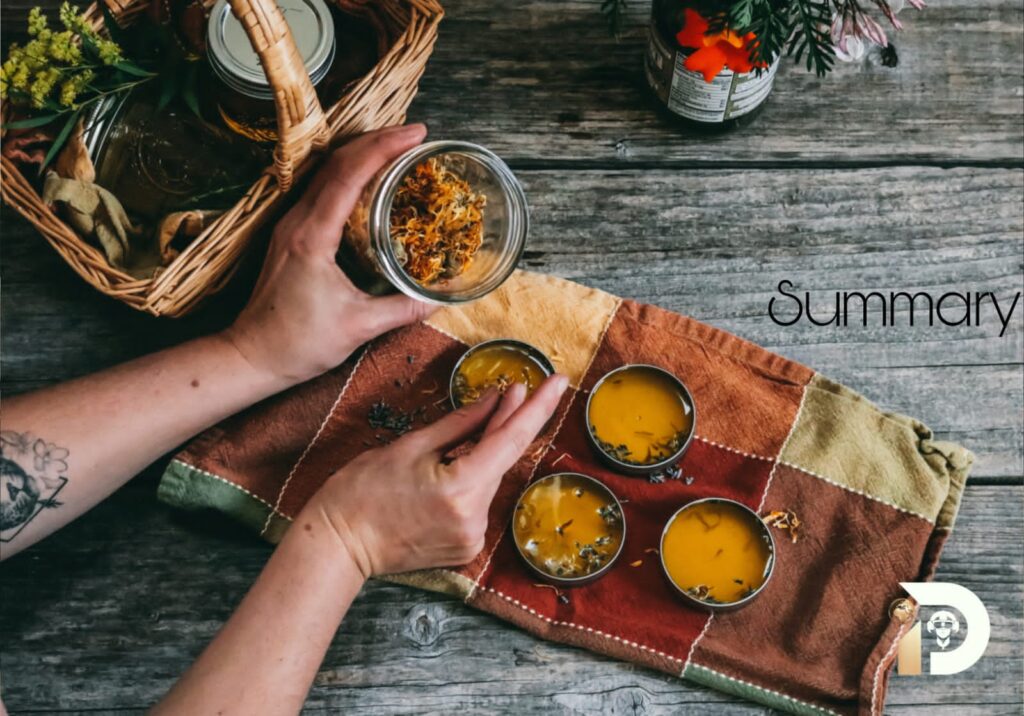• Introduction to Home Remedies
Since ancient times, people have relied on natural healing methods including home medicines. These therapies’ use of natural substances has many positive effects on our health and wellbeing. These age-old techniques can help us take charge of our own recovery and locate alleviation for many minor illnesses without primarily relying on medication.
Table of Contents

• Migraines and Headaches – Relieving herbal teas for headaches
– Soothing herbal teas for headache relief
1. Chamomile tea: Well-known for being relaxing, chamomile tea can help reduce stress. help lessen headache discomfort. Its anti-inflammatory properties may bring comfort.
2. Peppermint tea: This beverage is excellent for relaxing the muscles because of the menthol it contains. alternative for easing headaches brought on by stress in the muscles. Additionally, it could enhance Blood flow and pain relief.
– Essential oils to relieve headaches
1. Lavender oil: This relaxing and stress-relieving oil is well known for its aroma. Its scent or a small amount applied to the temples can help ease the signs of migraines.
2. Peppermint oil: Peppermint oil’s cooling effect can help lessen the intensity of migraines. Applying it to the forehead or temples might ease discomfort and lessen light sensitivity. and stable.

• Common Cold and Nasal Congestion
– Warm saltwater gargle for sore throat
By lowering swelling and destroying bacteria, gargling with warm saltwater can help ease a sore throat. Warm water with half a teaspoon of salt dissolved in it should be gargled with multiple times. daily to provide relief.
– Inhaling steam to relieve nasal congestion
Nasal congestion is relieved and mucus is loosened by inhaling steam. Pour water that has been heated into a bowl. While maintaining a safe distance, hold the bowl over your face and cover it with a towel. steam over your head to contain it. For a few minutes, take deep breaths.
– A spicy honey-lemon beverage to help with coughing
A strong drink that relieves coughs can be made by combining the honey’s natural antibacterial properties, the calming benefits of lemon, and the heat of spices like ginger or cayenne pepper. Drink the mixture slowly after blending it with warm water.
– Eucalyptus oil for sinus cleansing
Eucalyptus oil works wonders to unclog blocked sinuses. A few drops of eucalyptus oil can be added to a Inhale the steam by placing your head over a bowl of boiling water. This method can be useful. Reduce discomfort and encourage simpler breathing.

• Stomach discomfort and indigestion
– Ginger tea for motion sickness
Ginger has a long history of use as an antiemetic. For relief from gastrointestinal discomfort, boil sliced ginger in water for ten minutes, drain, and sip on a cup of ginger tea.
– Acid cider and apple cider vinegar
Apple cider vinegar can reduce the symptoms of acid reflux, despite the fact that this may seem paradoxical. Drink a glass of water with a tablespoon of apple cider vinegar in it before meals to help with digestion.
– Capsules with peppermint oil for bloating
Gas and bloating can be relieved with peppermint oil capsules. The digestive tract’s muscles are relaxed by the active ingredient, menthol. For the correct dosage, according to the directions on the container.

• Joint and sore muscle pain
– Epsom salt baths :
Indulging in an Epsom salt bath can ease discomfort and relax the muscles. To benefit from the therapeutic effects, dissolve a cup of Epsom salt in warm water and soak for around 20 minutes.
– Ginger compress for arthritic joints
Making a ginger compress is as simple as boiling grated ginger in water, drenching a clean towel in it, and applying the solution to the sore joint. By using this technique, you can lessen joint pain and inflammation.
• Disorders of Sleep and Insomnia
– Herbal teas that help with sleep
1. Valerian root tea: For millennia, people have used valerian root to induce relaxation and enhance the quality of their sleep. To relax your thoughts and get ready for a sound sleep, sip some valerian root tea before bed.
2. Chamomile tea: Chamomile tea contains calming effects that help with sleep improvement in addition to its ability to relieve headaches. Drink some chamomile tea in the evening to relax and encourage a restful sleep.
– Lavender oil for improved sleep
The relaxing perfume of lavender oil is well known for helping to promote relaxation and enhance the quality of sleep. Use a diffuser or add a few drops on your pillow to create a calm atmosphere for a good night’s sleep.

• Allergies as well as sinus congestion
– Nasal saline irrigation for congestion
Sinus congestion can be successfully treated with a saline nasal rinse. With your head tilted to the side and your mouth open, combine a quarter teaspoon of salt with a cup of lukewarm water. Then, carefully pour the mixture into one nostril. Repeat on the opposite side, letting the mixture escape via the opposite nostril.
– Allergy-reducing turmeric tea
Due to its anti-inflammatory qualities, turmeric can lessen allergic symptoms. Add a teaspoon of turmeric powder to boiling water to make a cup of tea. Drink this calming liquid to lessen allergy symptoms.

• Scrapes, cuts, and burns
– Aloe vera gel can be used to treat burns.
Natural burn relief and wound healing are both aided by aloe vera gel. To relieve pain, inflammation, and hasten the healing process, apply a thin coating of aloe vera gel directly to the injured region.
– Using honey as a natural pain reliever
Honey has antimicrobial qualities that can speed up the healing of wounds. Clean, tiny cuts or scrapes should be treated with a small amount of honey before being bandaged. An ideal environment for healing is created by its natural enzymes and low moisture content.

• Skin irritations and acne
– The use of tea tree oil.
Tea tree oil works well to treat acne since it has antibacterial and anti-inflammatory qualities. To lessen inflammation and eliminate the bacteria that causes acne, dilute a few drops of tea tree oil with a carrier oil, such coconut oil, and apply it to the problematic areas.
– An oatmeal face mask to calm inflamed skin
An oatmeal mask helps relieve itchy skin brought on by rashes, sunburns, or eczema. Apply a paste made of water and finely powdered oats to the afflicted area.

• Stress and anxiety relief
– Practices for deep breathing and meditation
Deep breathing exercises and frequent meditation can greatly reduce anxiety and stress levels. Find a calm area, settle into a comfortable chair, and pay attention to your breathing while letting go of any tension or concerns.
– Anxiety herbal supplements
The relaxing effects of several herbal products, such as chamomile, passionflower, and ashwagandha, can help reduce the symptoms of anxiety.

• Summary and Advantages of Home Remedies
You’ve now reached the conclusion of this blog post on natural treatments for minor illnesses. Congratulations! Let’s review the main ideas now.
We discussed ten common illnesses and offered some unusual cures to make you feel better:
1. Common Cold: Gargle with warm saltwater, drink plenty of fluids, take a steamy shower, and get enough rest.
2. Headache: Apply a cold or warm compress, try acupressure, get some fresh air, and drink plenty of water.
3. Sore Throat: Drink warm beverages, gargle with warm saltwater, suck on throat lozenges, and avoid irritants.
4. Indigestion: Drink a cup of ginger tea, chew on fennel seeds, take a walk after meals, and avoid spicy and fatty foods.
5. Insomnia: Create a bedtime routine, avoid caffeine and electronics before bed, relax with a warm bath, and try relaxation techniques like deep breathing.
6. Acne: Wash your face twice a day, apply tea tree oil, avoid touching your face, and eat healthy diet.
7. Allergies: Keep windows closed, use allergy-proof bedding, limit outdoor activities in high pollen counts, and take over-the-counter antihistamines.
8. Muscle Pain: Apply a hot or cold compress, stretch and exercise, try natural pain relievers like turmeric or ginger, and get a massage.
9. Cough: Drink warm liquids, use a humidifier, suck on cough drops, and avoid irritants like smoke or dust.
10. And finally, we conclude with the reminder that these remedies are meant to complement professional advice, and if symptoms persist, it’s always a good idea to consult a healthcare providers.
If You Like The Above Information Then Share It With Your Friends 😃
